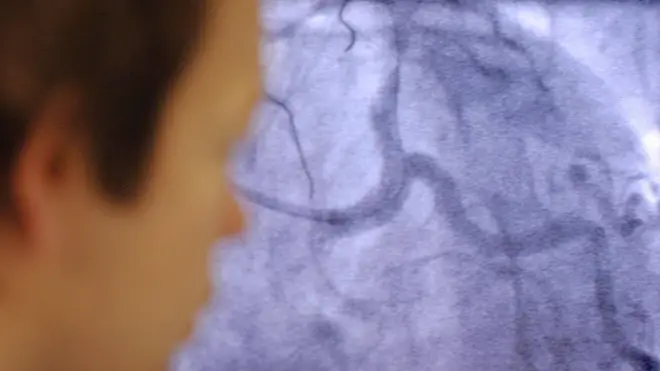
Matthew Wright 7am - 10am
17 May 2021, 23:34

Findings suggest that Sundays, Mondays, bank holidays, and days when the temperature drops sharply increase the risk.
Scientists say they have found a way to make artificial intelligence accurately predict the risk of an out-of-hospital cardiac arrest using time and weather data to identify patterns.
The system crunched information such as temperature, relative humidity and rainfall, alongside various timings, ranging from the season to the hour of the day, which could be used to warn people early and increase chances of survival.
Sundays, Mondays, bank holidays, and days when the temperature falls sharply within or between days increase the risk of cardiac arrest, a study of the machine learning’s results published in the Heart journal suggests.
Japanese researchers fed the system details of more than 525,000 cases that happened between 2005 and 2013, and compared them to some 135,000 cases from two years later to test the algorithms’s accuracy.
Scientists acknowledged that they do not have detailed information on the location of cardiac arrests except in Japan’s Kobe city, the source for the majority of the study, but said they believe it is still “widely generalisable” for use elsewhere due to the large sample size and comprehensive meteorological information.
The report, led by the University of Michigan’s Takahiro Nakashima, concluded: “This predictive model may be useful for preventing out of hospital cardiac arrest and improving the prognosis of patients with out-of-hospital cardiac arrest via a warning system for citizens and emergency medical services on high-risk days in the future.”